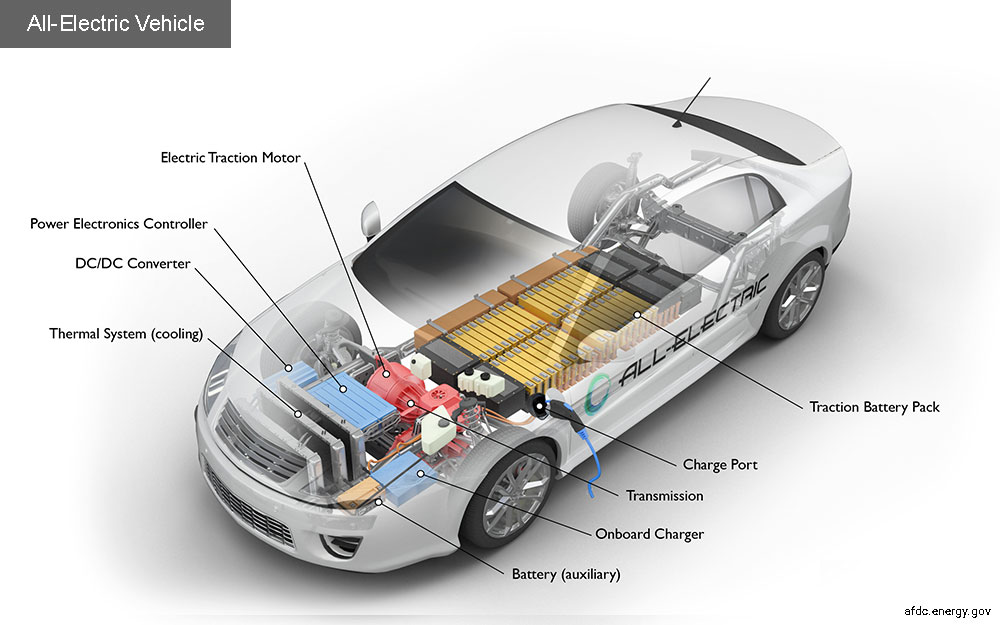Do Electric Cars Have Engines?
Electric cars are becoming increasingly popular as concerns about climate change grow.
But do electric cars have engines? The answer is yes, but it’s not quite as simple as it
seems.
What is an Engine?
An engine is a machine that converts energy into motion. In the case of a car, the engine
converts the chemical energy stored in gasoline or diesel fuel into mechanical energy that
turns the wheels.
How Do Electric Cars Work?
Electric cars do not have traditional internal combustion engines. Instead, they have
electric motors that convert electrical energy into mechanical energy. The electricity
comes from a battery pack that is recharged by plugging the car into an electrical outlet.
Do Electric Cars Have Engines?
So, do electric cars have engines? Yes, they do. But their engines are different from
the internal combustion engines found in gasoline and diesel vehicles. Electric car engines
are electric motors that convert electrical energy into mechanical energy.
Advantages of Electric Car Engines
-
Zero emissions -
Quieter operation -
Lower maintenance costs -
More efficient use of energy -
Instant torque
Disadvantages of Electric Car Engines
-
Higher upfront cost -
Limited driving range -
Longer charging times -
Fewer charging stations
Conclusion
Electric cars are a promising technology with the potential to reduce emissions and improve
air quality. However, they also have some challenges to overcome, such as high upfront
costs, limited driving range, and a lack of charging stations. As these challenges are
addressed, electric cars are likely to become increasingly popular.





